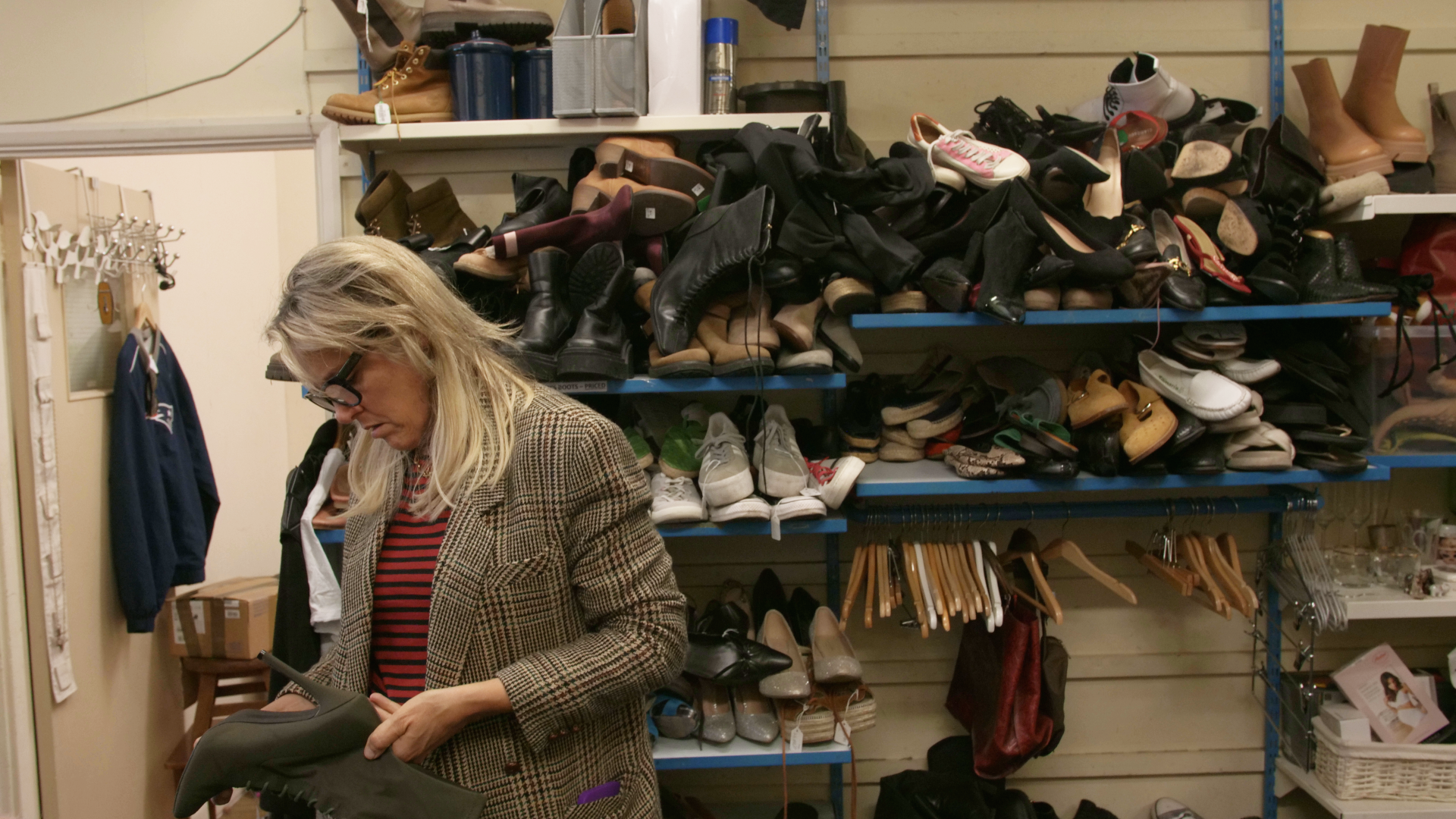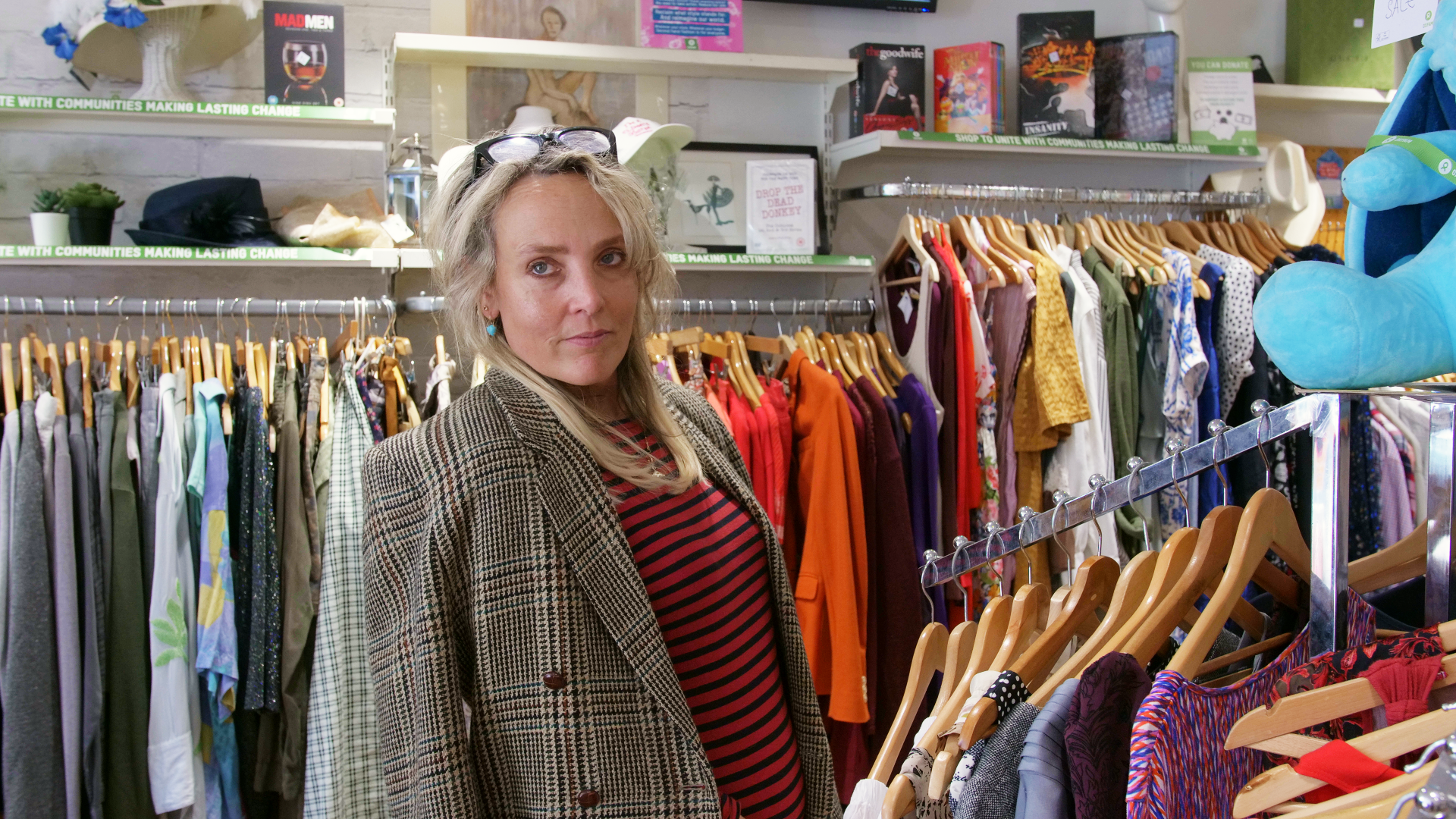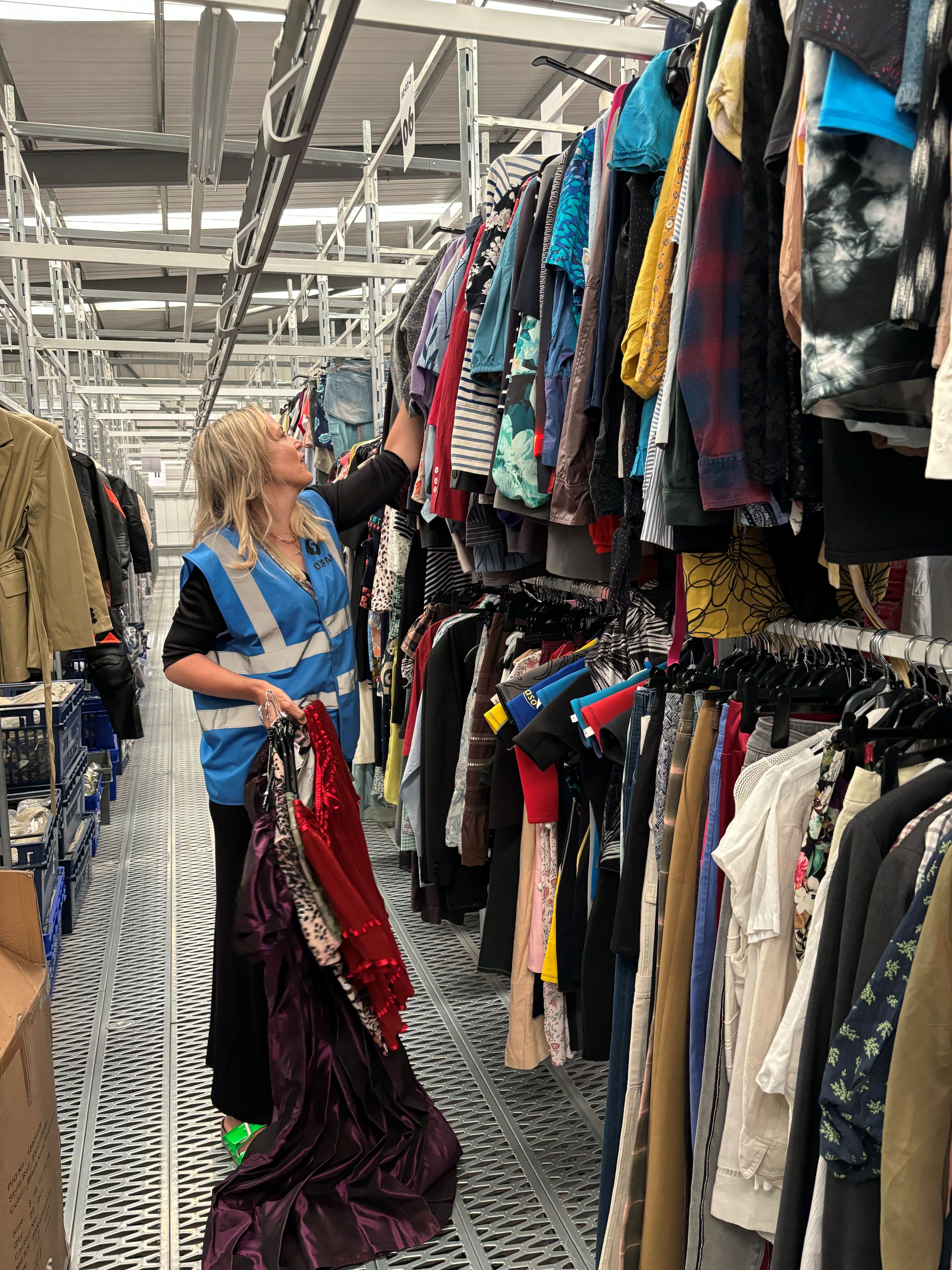Buying one pair of jeans and a T-shirt second hand saves 20,000 bottles of water
Producing a single cotton T-shirt needs the equivalent of 5,400 standard 500ml bottles of water, while making a pair of jeans uses 16,000 bottles, study finds
Buying a pair of second-hand jeans and a T-shirt can save the equivalent of 20,000 bottles of water, according to new analysis by Oxfam.
The findings, released ahead of London Fashion Week, show the immense water footprint of the fashion industry, which uses 93 billion cubic meters of water annually, enough to fill 37 million Olympic-sized swimming pools.
Oxfam’s research reveals that producing a single cotton T-shirt requires the equivalent of 5,400 standard 500ml bottles of water, while making a pair of jeans uses 16,000 bottles.
“We are drowning in fashion. The water-intensive cost of clothes production could be vitally reduced if we mixed up our wardrobes with second-hand purchases,” says Lorna Fallon, Oxfam’s retail director.
The charity is preparing to open London Fashion Week with a runway show that spotlights sustainable outfits to raise awareness of how shopping choices can dramatically reduce this stress on water.
Oxfam has also partnered with online marketplace Vinted for its “Style for Change” runway show on 12 September, which will spotlight pre-loved outfits put together by second-hand fashion pioneer Bay Garnett.
The stylist, who has dressed stars including Kate Moss in charity shop fashion, said it is “insanity” that society considers celebrities in second-hand, vintage or a repeated outfit on the red carpet as radical.

“I mean literally what planet are we on?” she said. “It’s not second best. It’s not a substitute. It’s actually a choice because it’s cooler, it’s more stylish.”
Ms Garnett, who has recently been scouring Oxfam shops and warehouses to find outfits for the show, said thrifting is much more “creative”, “interesting” and “exciting” than shopping for new clothes.
While rifling through the stock in Oxfam’s Notting Hill branch in west London, Ms Garnett found a rare pair of 1970s Charles Jourdan shoes next to a little needlepoint with the embroidered words “kissing”.
“Where else would you find that?” she said. “That’s what I love – the eclecticism and in the way, the innocence of people’s stuff, something that’s been part of people’s life … that has a story.”
Ms Garnett said she has seen a “genuine wave of change” in the last five years as consumers turn to second-hand shopping.
“For lots of young people, it’s seen as a cooler, more proactive, more independent and powerful way to consume and I think that message has really taken hold,” she added.

TV presenter Cat Deeley, who is fronting Oxfam’s Second Hand September campaign this year, also shared her love of shopping second-hand.
“You can find something completely unique, which no one else has, that you can customise and also feel really good about wearing, knowing the money has gone to a good cause and you’re giving those clothes a second chance of life.
“Second-hand absolutely does not mean second best.”
As part of its campaign launch, Oxfam assessed figures from organisations like the Waste and Resources Action Programme (Wrap), Water UK and the NHS to illustrate the garment sector’s footprint on water.

Since 2019, Oxfam’s Second Hand September campaign has aimed to encourage consumers to shop more sustainably and highlight the power their choices have on reducing fashion’s impact on the planet.
The charity is partnering with Vinted for the first time this year after previously working with eBay.

The online marketplace is now launching its own sustainable fashion show, which will be streamed on its live shopping platform on Thursday.
“With the launch of Pre-Loved Fashion Week, we’re showing up on fashion’s biggest stage and demonstrating that authentic designer fashion doesn’t have to be out of reach,” Kirsty Keoghan, eBay’s general manager of fashion, said.
The Independent will be revealing its Climate100 List in September and hosting an event in New York, which can be attended online.
Subscribe to Independent Premium to bookmark this article
Want to bookmark your favourite articles and stories to read or reference later? Start your Independent Premium subscription today.

